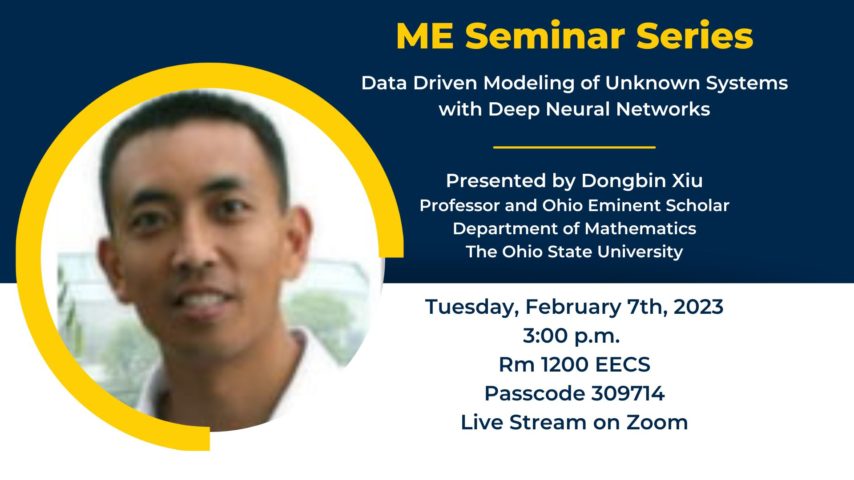ME Faculty Seminar Series: Daniel Cooper
2505 GGB 2350 Hayward St, Ann Arbor, MI, United StatesIndustry already accounts for approximately one-third of global greenhouse gas emissions and these emissions are growing quickly as the developing world industrializes and emissions-intensive materials are used to deliver better performing technologies. We need sustainable materials processing solutions that fit the scale and urgency of the challenge.
